The public’s estimation of politicians is often extremely low.
With access to a healthy salary, generous expenses and some of the best pension deals, at best they are seen to be motivated by little more than their own self-enrichment.
More sceptical voters assume even worse motives, with fears of corrupt politicians on the take commonplace.
It is a tough perception to challenge and must prove deeply frustrating for the majority of MSPs who take on a career in public service for only the most admirable of reasons.
It is a frustration that John Swinney – who answered a call to become first minister despite challenging family circumstances – must be all too familiar with.
So this makes his decision to attempt to save fellow MSP Michael Matheson from a lengthy Holyrood suspension all the more confusing.
By his own admission, the former health secretary repeatedly misled parliament, the press and the public over how he came to wrack up an £11,000 data roaming bill.
Initially pleading ignorance, and happy for the tax payer to foot the bill, Mr Matheson insisted the fees had been incurred as he carried out parliamentary work.
It was only under intense scrutiny and clear disbelief that he later admitted lying in order to protect his family.
The hotspot feature on his Holyrood-issued iPad had been used by his children to stream football while on holiday in Morocco – a fact Mr Matheson knew about for at least a week as he maintained that the device was used solely for official duties.
After an investigation by independent parliamentary staff, parliament’s standards committee has now recommended he face a 27-day suspension and forfeit 54 days worth of salary.
But in a session of First Minister’s Questions on Thursday, John Swinney indicated he would not support the sanction due to the “bias” shown by one of the committee members, Scottish Conservative MSP Annie Wells.
Strange comparison
Mr Swinney said that if a constituent had come to him facing disciplinary action at work when their employer had made similar comments to Ms Wells, he would “come down on that employer like a tonne of bricks”.
It is a strange comparison for Mr Swinney to attempt to draw. He will be well aware that if Michael Matheson was any normal employee, he wouldn’t simply be facing a suspension.
The facts of his behaviour are not contested. He submitted an incorrect expenses claim, allowed his family to make use of publicly funded IT equipment and then provided a false explanation.
In any other walk of life, this type of behaviour would be grounds for instant dismissal.
Déjà vu
But MSPs enjoy a unique role, they are not employees and cannot be sacked.
Instead, they have set up a system to hold those who break the rules to account, with a committee of their own colleagues empowered to decide what sanctions are imposed.
Mr Swinney must know that to simply write that process off as biased will not wash with the public.
Of course, the tactic is not a new one, and readers may have an ominous sense of déjà vu.
After Conservative MP Owen Patterson was found to have broken lobbying rules, then-prime minister Boris Johnson attempted to create a new process in a bid to save his colleague’s job.
Alongside party gate, it proved to be a key moment in Mr Johnson’s downfall as prime minister.
Closer to home, in 2021, a Scottish Parliament committee ruled Nicola Sturgeon had misled MSPs over the Alex Salmond crisis.
The probe found Ms Sturgeon gave an “inaccurate” account of her meetings with Alex Salmond in 2018 in her evidence.
But the then-first minister avoided paying a political cost, with the SNP immediately rubbishing the finding and saying opposition members had “prejudged” her.
Six weeks out from an election, Mr Swinney’s decision to launch a rescue attempt of his nationalist colleague could prove disastrous for the SNP.
Opposition parties will doubtless seize on it as an example of why voters simply can’t trust the SNP. It’s a message that will surely resonate – speaking to our worst instincts about politicians.
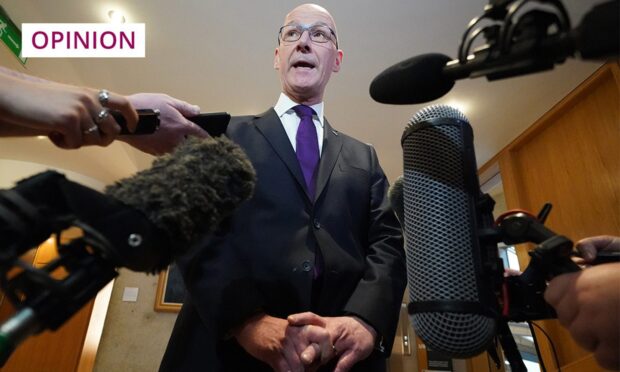
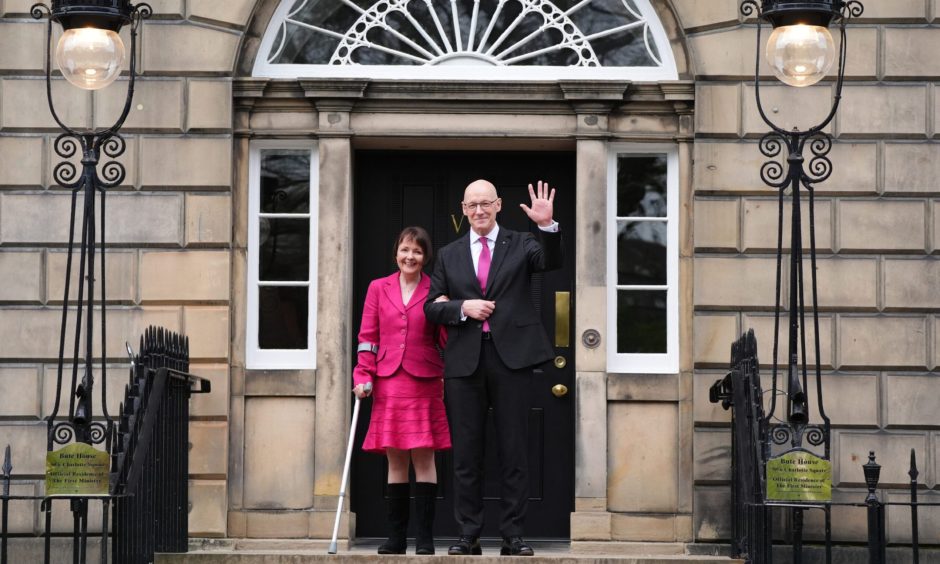
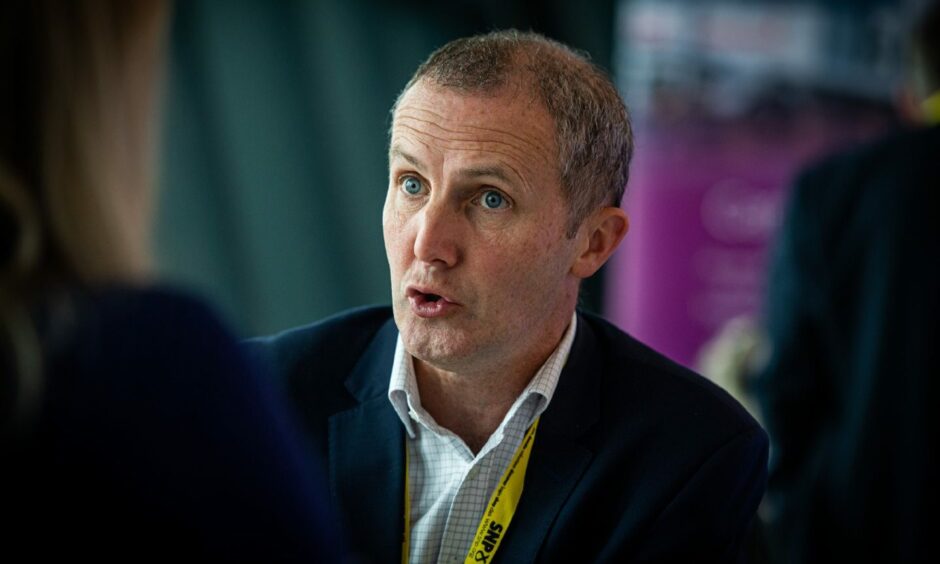


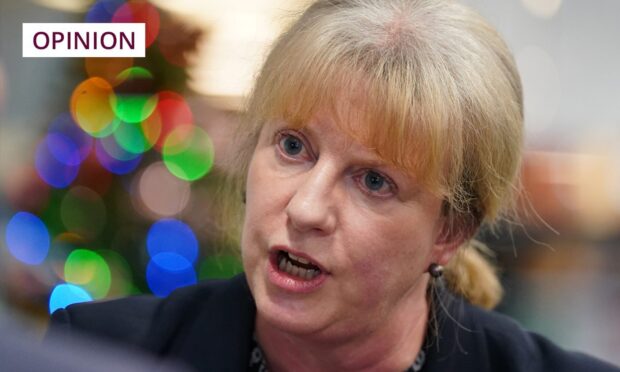




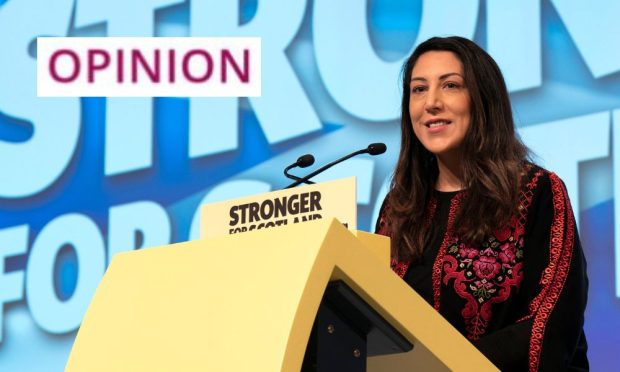

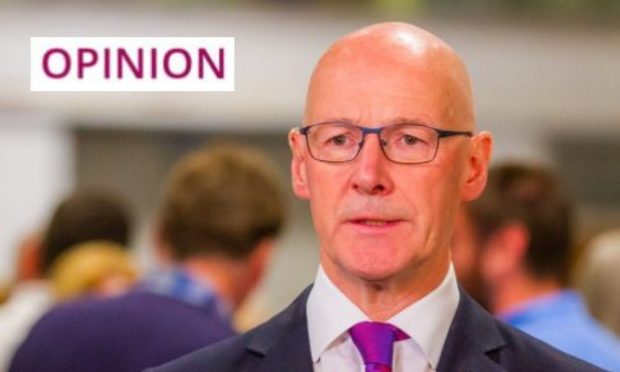
Conversation